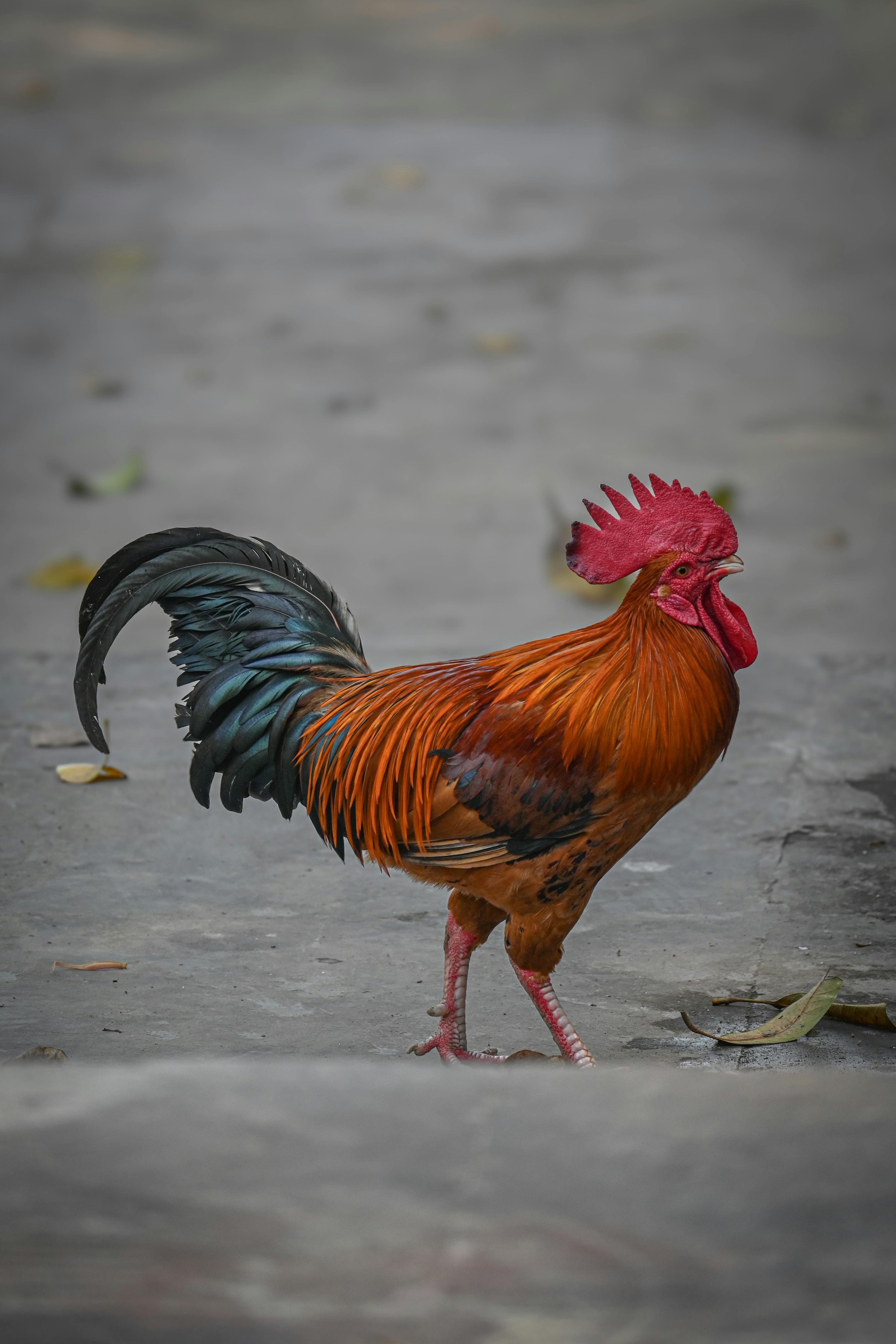
Smart Ways to Overcome Keto Insomnia in 2025
As more individuals embrace the ketogenic diet, many are reporting issues related to sleep, commonly known as keto insomnia. This phenomenon can significantly affect overall health, weight loss efforts, and daily functioning. When people transition to a ketogenic lifestyle, their bodies undergo several changes, including adjustments in hormonal balance, metabolic processes, and nutrient uptake, which can all influence sleep patterns.
Understanding the root causes of sleep issues on keto is crucial for developing effective strategies to improve sleep quality. In this guide, we will explore various solutions to overcome keto insomnia, addressing everything from dietary adjustments to lifestyle modifications.
By the end of this article, you’ll gain insights into how to better manage your sleep while following a ketogenic diet, improve your overall wellness, and continue achieving your weight loss goals. Let's dive into smart strategies for enhancing sleep quality on keto.
Understanding Keto Insomnia: Causes and Effects
Before we can address keto insomnia, it's vital to comprehend what it is and why it occurs. Keto insomnia refers to sleep disturbances experienced due to the changes induced by the ketogenic diet. These disturbances can manifest as difficulty falling asleep, restless nights, or waking up frequently.
One major factor contributing to keto insomnia is the initial metabolic shift. As your body transitions from glucose to fat for fuel, this adjustment can result in hormonal imbalances that impact sleep patterns. For example, fluctuations in cortisol and melatonin levels can lead to sleep deprivation on keto.
Furthermore, people may experience increased anxiety and stress, compounded by the restrictive nature of the ketogenic diet. Understanding these impacts is essential in identifying strategies for overcoming keto insomnia effectively.
In the following sections, we'll delve into practical solutions that address these causes, starting with dietary adjustments and moving through to lifestyle and wellness techniques.
Improving Sleep with Dietary Adjustments
Your dietary choices play a pivotal role in your sleep quality, especially on a keto diet. Optimizing your meals can help tackle sleep disturbances. First and foremost, incorporating sleep-inducing keto foods can promote better rest. Foods rich in magnesium, such as spinach and pumpkin seeds, can help relax your muscles and calm your nervous system.
Additionally, consider pre-bedtime keto meals that are low in carbohydrates but high in healthy fats. Consuming protein before sleep can also support muscle recovery and development, which can benefit overall restfulness.
Managing keto snacks for sleep is another effective approach. Choosing calming foods, such as avocado or nuts, before bedtime may assist in enhancing sleep quality. Avoiding high-caffeine foods and drinks in the evening is critical, as caffeine can significantly hinder your ability to fall asleep.
Another useful tip is to establish regular keto meal timings. This creates a consistent routine that can help regulate your body's internal clock, optimizing your circadian rhythms and leading to improved sleep.
Utilizing Sleep Supplements for Enhanced Rest
When dietary adjustments alone do not resolve sleep issues, considering sleep supplements for keto dieters may be beneficial. Melatonin supplements can assist in regulating sleep patterns, especially during the initial phases of transitioning to a ketogenic diet. If you choose to go this route, ensure to consult with a healthcare professional to determine the correct dosage for your needs.
Additionally, other natural calming supplements such as magnesium and valerian root can help improve sleep quality. Synthetic sleep aids might be tempting, but they could disrupt your health objectives on keto, so opting for natural alternatives is advisable. These adjustments, combined with a well-timed ketogenic meal plan, can create a profound impact on your sleep health while on keto.
Establishing Effective Sleep Hygiene Practices
Beyond dietary improvements, establishing a sleep hygiene routine can greatly benefit those struggling with keto-related insomnia. Sleep hygiene involves creating an environment and routine conducive to restful sleep. Here are some strategies to implement for enhancing sleep quality on a ketogenic diet.
Start by creating a calming nighttime routine that signals to your body that it’s time to wind down. This can include activities such as reading, gentle stretching, or meditation. Controlling light exposure is also important; dimming the lights in the hour leading up to bedtime can enhance melatonin production, thus improving your overall sleep quality.
Your sleeping environment should also be conducive to rest. Ensure that your bedroom is dark, quiet, and cool, as these conditions support better sleep. Investing in blackout curtains or a white noise machine may provide additional help in battling any disturbances.
Finally, prioritizing consistent sleep schedules—even on weekends—can reinforce your body's natural sleep-wake cycle, optimizing your circadian rhythm which is vital for combating insomnia. By incorporating these techniques into your lifestyle, you'll create a strong foundation for sleep health on keto.
Addressing Anxiety and Stress on Keto
Another significant factor contributing to keto insomnia is stress and anxiety, which can heighten feelings of restlessness. Incorporating stress management techniques can be beneficial in overcoming insomnia while on keto. Mindfulness practices, such as yoga and deep breathing exercises, can help calm the mind and prepare the body for sleep.
Furthermore, engaging in calming activities such as journaling or light reading before bed can serve as a powerful tool to mitigate anxiety. Making time for self-care can stabilize your mood, making it easier to drift off peacefully. It's crucial to acknowledge the emotional aspects of sleep disturbances and address them holistically during your ketogenic journey.
With these adjustments in mind, it's clear that improving sleep on keto requires a multifaceted approach. We'll now look into specific relaxation methods and nighttime strategies to further enhance your sleep quality.